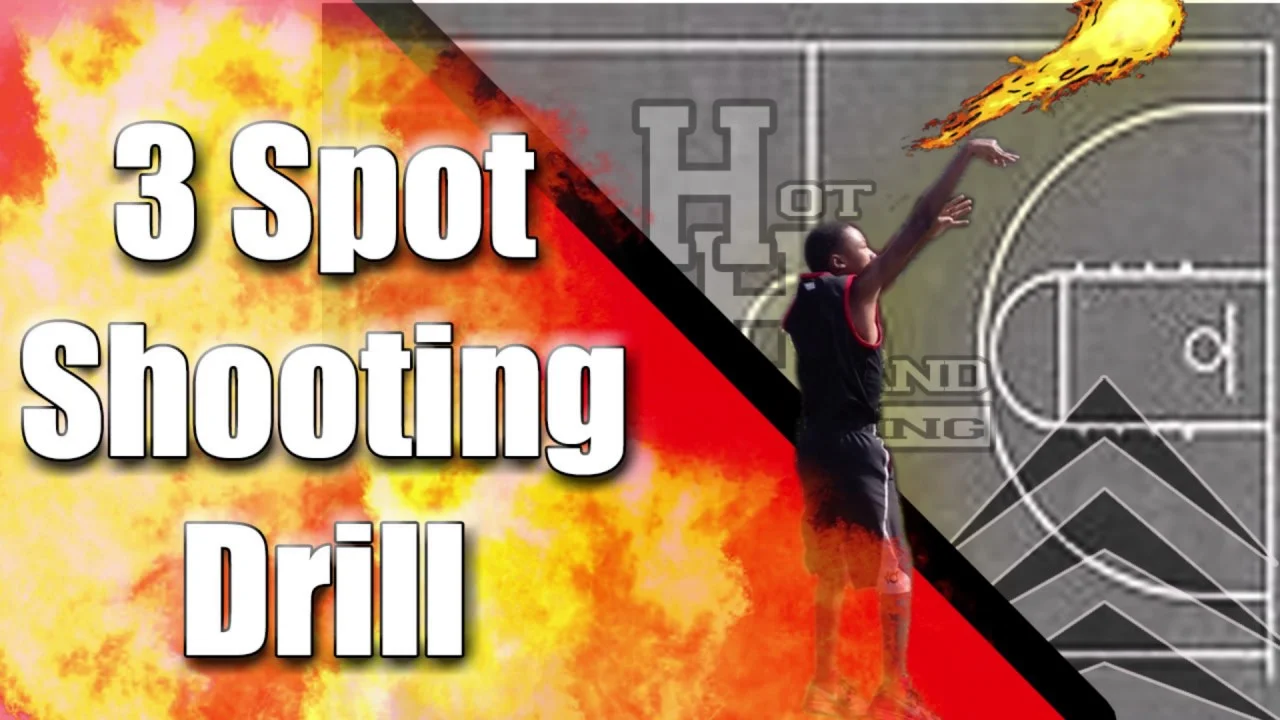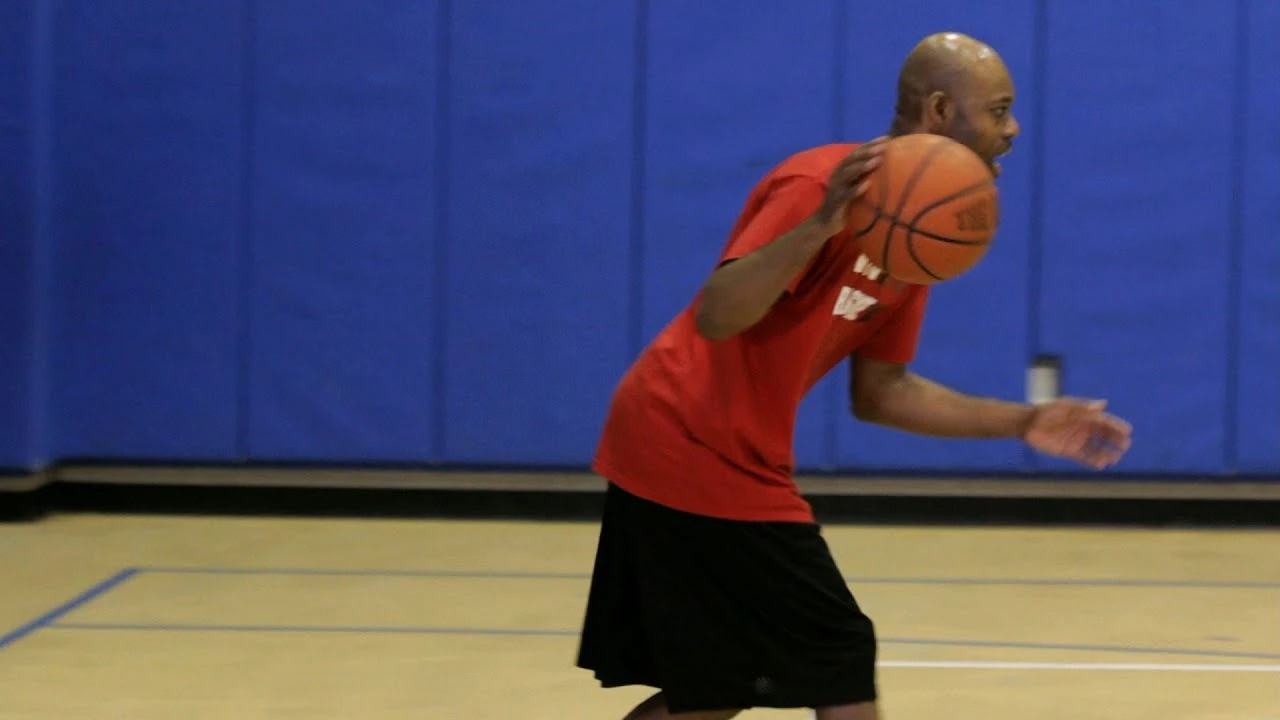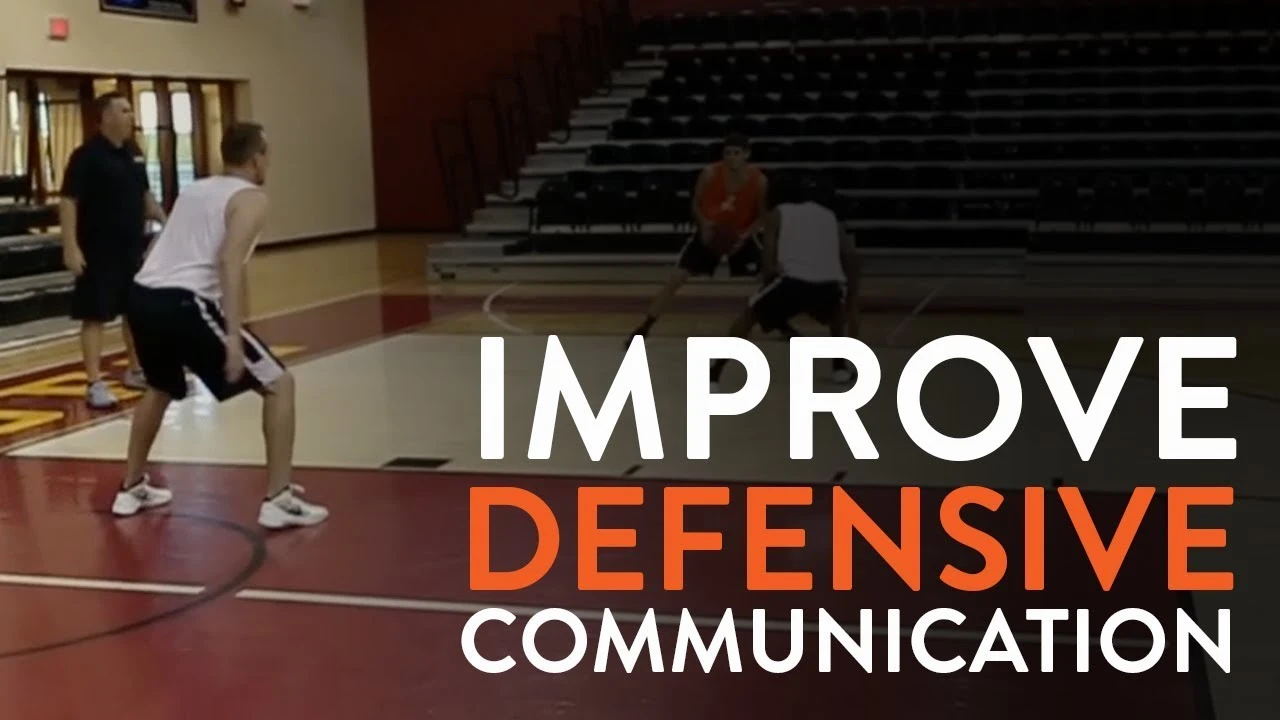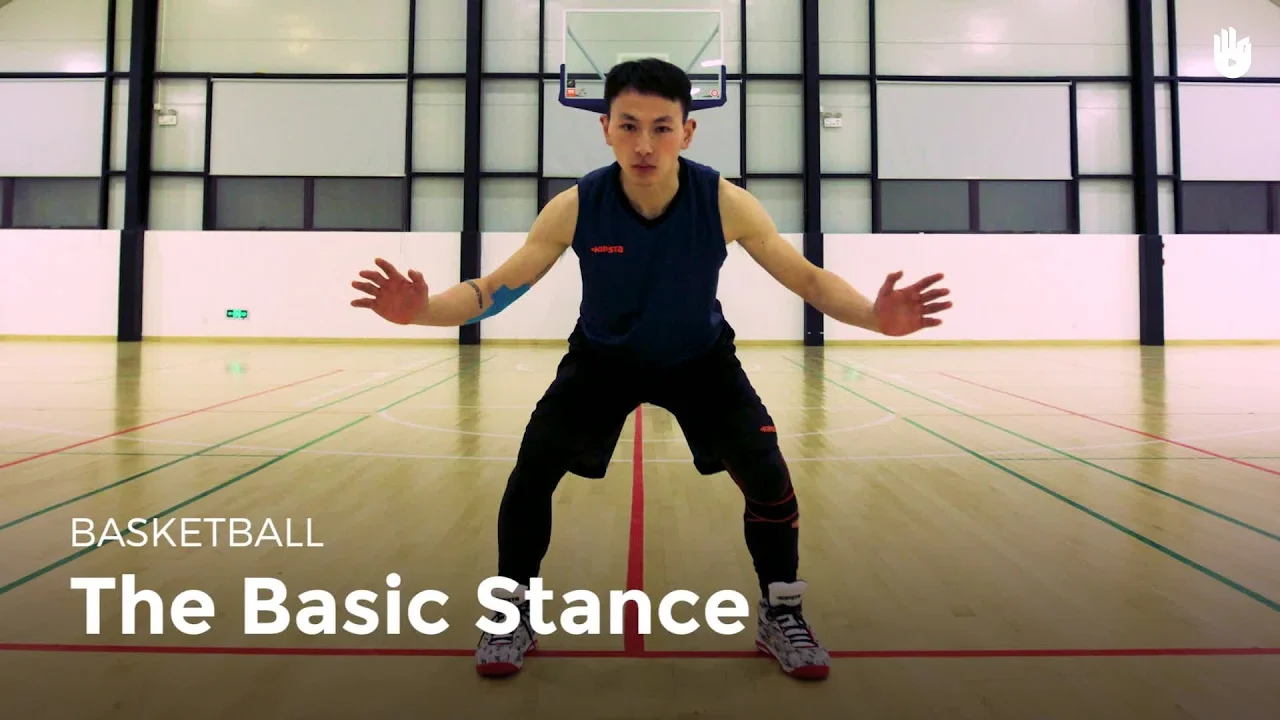Creating Mismatches_ Exploiting Advantages
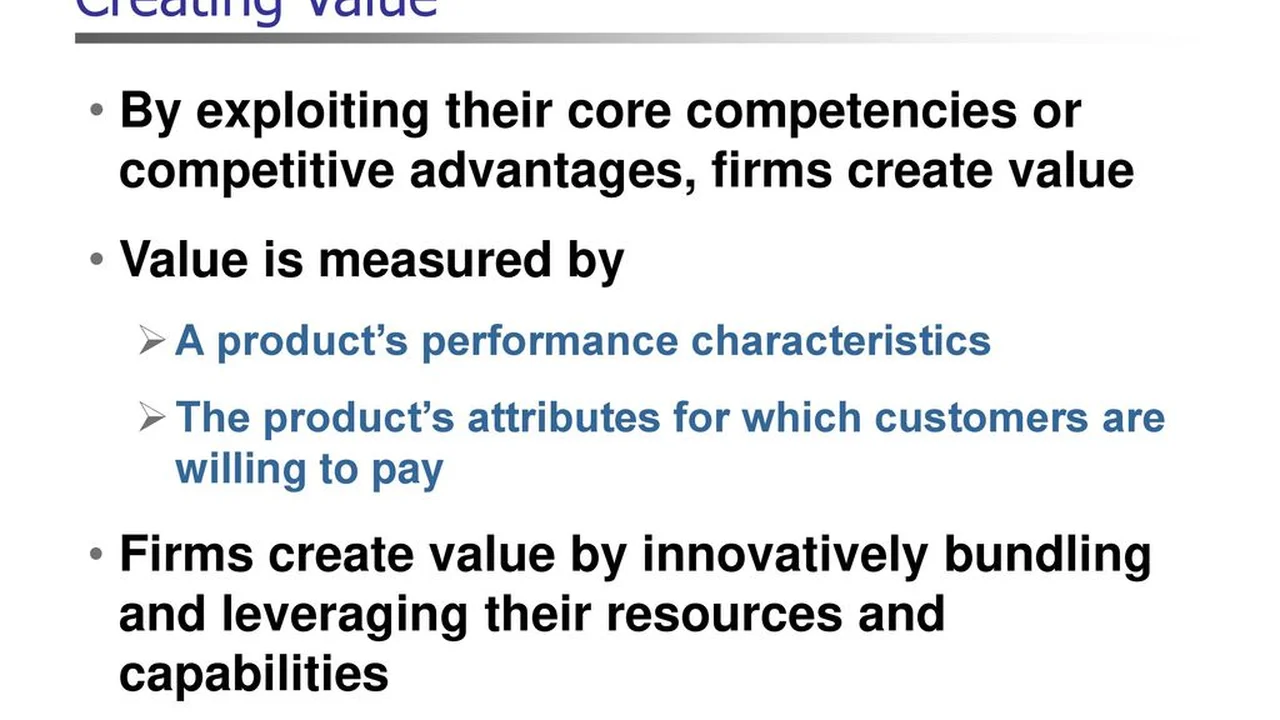
This article delves into the intricacies of basketball IQ and strategy, providing a comprehensive guide to enhancing your court awareness and decision-making skills. From understanding offensive and defensive schemes to mastering individual techniques and exploiting opponent weaknesses, we'll explore the essential elements that separate good players from great ones. Get ready to elevate your game and dominate the court with a deeper understanding of basketball IQ.
Understanding Basketball IQ The Foundation of Success
What exactly is basketball IQ? It's more than just knowing the rules; it's about understanding the game at a deeper level. It encompasses court awareness, decision-making, anticipation, and the ability to react effectively to constantly changing situations. High basketball IQ allows players to make smart plays, anticipate opponent moves, and contribute positively to the team's overall performance.
Think of it like this: a player with high basketball IQ is like a chess master, always thinking several moves ahead. They see the entire court, understand the strengths and weaknesses of their teammates and opponents, and make calculated decisions that maximize their team's chances of success. It's not just about athleticism; it's about using your brain to outsmart your opponents.
Developing Court Awareness Seeing the Whole Picture
Court awareness is a critical component of basketball IQ. It's the ability to see and understand everything that's happening on the court at all times. This includes knowing the position of your teammates and opponents, understanding the flow of the game, and anticipating potential opportunities and threats.
How can you improve your court awareness? One of the best ways is to practice scanning the court before you receive the ball. Get a quick glimpse of where your teammates and opponents are positioned so you can make a more informed decision once you have possession. Another helpful technique is to keep your head up while dribbling, allowing you to see the entire court without losing control of the ball.
Drills that focus on peripheral vision and quick decision-making can also be beneficial. For example, a simple passing drill where you have to make a pass to a specific teammate based on a visual cue can help improve your ability to process information quickly and make accurate decisions.
Mastering Offensive Strategies Unlocking Scoring Potential
A strong understanding of offensive strategies is essential for any player looking to improve their basketball IQ. This includes knowing different offensive systems, understanding how to create scoring opportunities, and mastering individual offensive techniques.
One of the most fundamental offensive strategies is the pick and roll. This involves a player setting a screen for a teammate, creating a mismatch that can be exploited for a scoring opportunity. To execute the pick and roll effectively, both the screener and the ball handler need to understand their roles and responsibilities. The screener needs to set a solid screen and then roll to the basket, while the ball handler needs to read the defense and make the appropriate decision, whether it's to drive to the basket, pass to the rolling screener, or shoot an open jump shot.
Another important offensive strategy is spacing. Proper spacing creates more room for players to operate and makes it more difficult for the defense to help. Players should aim to maintain a consistent distance from each other, avoiding bunching up and clogging the lane. Good spacing also allows for better passing lanes and more opportunities for open shots.
Beyond team strategies, mastering individual offensive techniques is also crucial. This includes developing a reliable jump shot, improving your dribbling skills, and learning how to finish at the basket. The more versatile you are as an offensive player, the more difficult it will be for the defense to guard you.
Defensive Strategies Shutting Down the Opposition
Defense is just as important as offense in basketball, and a high basketball IQ is essential for playing effective defense. This includes understanding different defensive schemes, anticipating opponent moves, and mastering individual defensive techniques.
One of the most common defensive strategies is man-to-man defense. This involves each player being responsible for guarding a specific opponent. To play effective man-to-man defense, you need to be able to stay in front of your opponent, deny them the ball, and contest their shots.
Another popular defensive strategy is zone defense. This involves players guarding a specific area of the court rather than a specific opponent. Zone defense can be effective at preventing penetration and forcing the offense to take outside shots. However, it can also be vulnerable to offensive rebounding and quick ball movement.
Regardless of the defensive scheme, individual defensive techniques are crucial. This includes staying low in a defensive stance, moving your feet quickly, and using your hands to disrupt your opponent's dribble and passing lanes. It's also important to communicate effectively with your teammates, calling out screens and helping to rotate when necessary.
Anticipating Opponent Moves Reading the Play
One of the hallmarks of a high basketball IQ player is the ability to anticipate opponent moves. This involves reading the play, understanding tendencies, and predicting what the opponent is likely to do next. By anticipating opponent moves, you can react more quickly and effectively, putting yourself in a better position to make a play.
How can you improve your ability to anticipate opponent moves? One of the best ways is to study film. Watch games and pay attention to the tendencies of individual players and teams. Look for patterns in their offensive and defensive schemes, and try to identify their go-to moves and strategies.
Another helpful technique is to pay attention to the body language of your opponents. Are they leaning in a particular direction? Are they looking towards a specific teammate? These subtle cues can often provide valuable information about their intentions.
Finally, it's important to be proactive rather than reactive. Don't just wait for your opponent to make a move; try to anticipate what they're going to do and position yourself accordingly. By being one step ahead of the game, you can significantly improve your defensive effectiveness.
Decision-Making Under Pressure Making the Right Choice
Basketball is a game of split-second decisions. Players are constantly faced with choices, and the ability to make the right decision under pressure is a critical component of basketball IQ. This includes knowing when to shoot, when to pass, when to drive, and when to take a timeout.
How can you improve your decision-making skills? One of the best ways is to practice game-like scenarios. Simulate real-game situations in practice, and force yourself to make quick decisions under pressure. This will help you develop the mental toughness and composure needed to make the right choices when it matters most.
Another helpful technique is to break down the decision-making process into smaller steps. For example, before you receive the ball, ask yourself: "Where are my teammates? Where are the defenders? What are my options?" By thinking through these questions in advance, you'll be better prepared to make a quick and informed decision once you have possession.
It's also important to learn from your mistakes. Don't be afraid to make a wrong decision; just make sure you learn from it. Analyze your mistakes and try to understand why you made them. This will help you avoid making the same mistakes in the future.
Exploiting Weaknesses Identifying and Capitalizing
Every player and team has weaknesses. A high basketball IQ player is able to identify these weaknesses and exploit them to their advantage. This includes understanding the strengths and weaknesses of individual opponents, as well as the overall tendencies of opposing teams.
How can you identify opponent weaknesses? One of the best ways is to scout your opponents. Watch film and pay attention to their tendencies. Look for players who struggle with certain types of defense, or teams that are vulnerable to specific offensive strategies.
Once you've identified a weakness, you need to develop a plan to exploit it. For example, if you're playing against a team that struggles with pick and rolls, you might focus on running that play frequently. Or, if you're playing against a player who is a poor defender, you might try to isolate them and attack them one-on-one.
It's also important to be adaptable. Your initial plan might not always work, so you need to be able to adjust your strategy based on the flow of the game. Be willing to experiment with different approaches and see what works best.
Recommended Products for Enhancing Basketball IQ
While basketball IQ is primarily developed through experience and training, certain products can aid in the learning process and enhance your understanding of the game. Here are some recommendations, along with use cases, product comparisons, and detailed information including pricing (approximations):
1. Dr Dish Shooting Machines
Use Case: Repetition is key to mastering any skill, and shooting is no exception. Dr. Dish shooting machines provide automated ball return, allowing players to get hundreds of shots up in a short period of time. These machines can also be programmed with specific drills to improve shooting accuracy, form, and speed.
Product Comparison:
- Dr. Dish Home: Entry-level model suitable for home use. Focuses on basic shooting drills. (Price: ~$3,000)
- Dr. Dish Rebel+: Offers more advanced features like personalized training programs and performance tracking. (Price: ~$7,000)
- Dr. Dish All-Star+: Top-of-the-line model with advanced analytics, multiple shooting locations, and live video integration. (Price: ~$10,000+)
Detailed Information: Dr. Dish machines use sensors to track shooting performance and provide real-time feedback. They can be programmed with a variety of drills, including spot shooting, catch-and-shoot, and dribble shooting. The machines are also portable, making them easy to move around the court.
2. Blast Motion Basketball Sensor
Use Case: This wearable sensor attaches to your wrist and tracks key performance metrics like jump height, rotation, and release time. It provides detailed data that can be used to identify areas for improvement in your shooting technique.
Product Comparison:
- Blast Motion Basketball: The standard sensor for tracking shooting performance. (Price: ~$150)
- ShotTracker: Similar sensor that tracks makes and misses in addition to motion metrics. (Price: ~$170)
Detailed Information: The Blast Motion sensor connects to your smartphone via Bluetooth and provides real-time feedback on your shooting performance. The app also includes a library of drills and training videos to help you improve your technique.
3. Hoop Maps
Use Case: Hoop Maps is a digital playbook creation tool that allows coaches and players to create and share detailed diagrams of offensive and defensive strategies. This can be a valuable tool for improving team communication and understanding of game plans.
Product Comparison:
- Hoop Maps: Focuses on ease of use and collaboration. (Price: Subscription based, ~$10/month)
- FastDraw: More advanced playbook creation tool with features like animation and video integration. (Price: Subscription based, ~$15/month)
Detailed Information: Hoop Maps allows you to create custom playbooks with detailed diagrams and descriptions. You can also share your playbooks with your teammates and coaches, making it easy to collaborate and stay on the same page.
4. Spalding NBA Zi/O Excel Basketball
Use Case: Consistent feel and grip are crucial for developing shooting accuracy. The Spalding NBA Zi/O Excel basketball provides excellent grip and responsiveness, making it a great choice for practice and games.
Product Comparison:
- Spalding NBA Zi/O Excel: Offers a good balance of grip, durability, and price. (Price: ~$30)
- Wilson Evolution Game Basketball: Known for its soft feel and excellent grip. (Price: ~$70)
Detailed Information: The Spalding NBA Zi/O Excel basketball is made with a composite leather cover that provides excellent grip and durability. It's also designed to maintain consistent air pressure, ensuring a reliable bounce.
5. Skillz Basketball Training System
Use Case: This comprehensive training system includes a variety of drills and exercises designed to improve all aspects of your game, from shooting and dribbling to passing and defense. It's a great option for players who want a structured training program to follow.
Product Comparison: This is more of a general category; many coaches and trainers offer similar structured training programs, both online and in person. Consider factors like the coach's experience, the program's focus, and the price.
Detailed Information: The Skillz Basketball Training System typically includes a series of drills and exercises that are designed to be performed on a regular basis. The program may also include video tutorials and personalized feedback from a coach.
Continuous Learning and Improvement The Path to Mastery
Improving your basketball IQ is an ongoing process. It requires continuous learning, practice, and a willingness to adapt and evolve. By staying curious, studying the game, and seeking out new knowledge, you can continue to enhance your understanding of basketball and elevate your performance on the court.
Remember to watch professional games critically. Don't just passively observe; analyze the strategies, player movements, and decision-making processes. Try to understand why coaches and players make certain choices, and think about how you can apply those lessons to your own game.
Also, seek out feedback from coaches, teammates, and even opponents. Ask them for their honest opinions on your strengths and weaknesses, and be open to constructive criticism. Use their feedback to identify areas for improvement and develop a plan to address them.
Finally, never stop practicing. The more you play, the more you'll learn about the game. Practice different skills, experiment with different strategies, and challenge yourself to improve every day. With dedication and hard work, you can unlock your full potential and become a true student of the game.
:max_bytes(150000):strip_icc()/277019-baked-pork-chops-with-cream-of-mushroom-soup-DDMFS-beauty-4x3-BG-7505-5762b731cf30447d9cbbbbbf387beafa.jpg)



